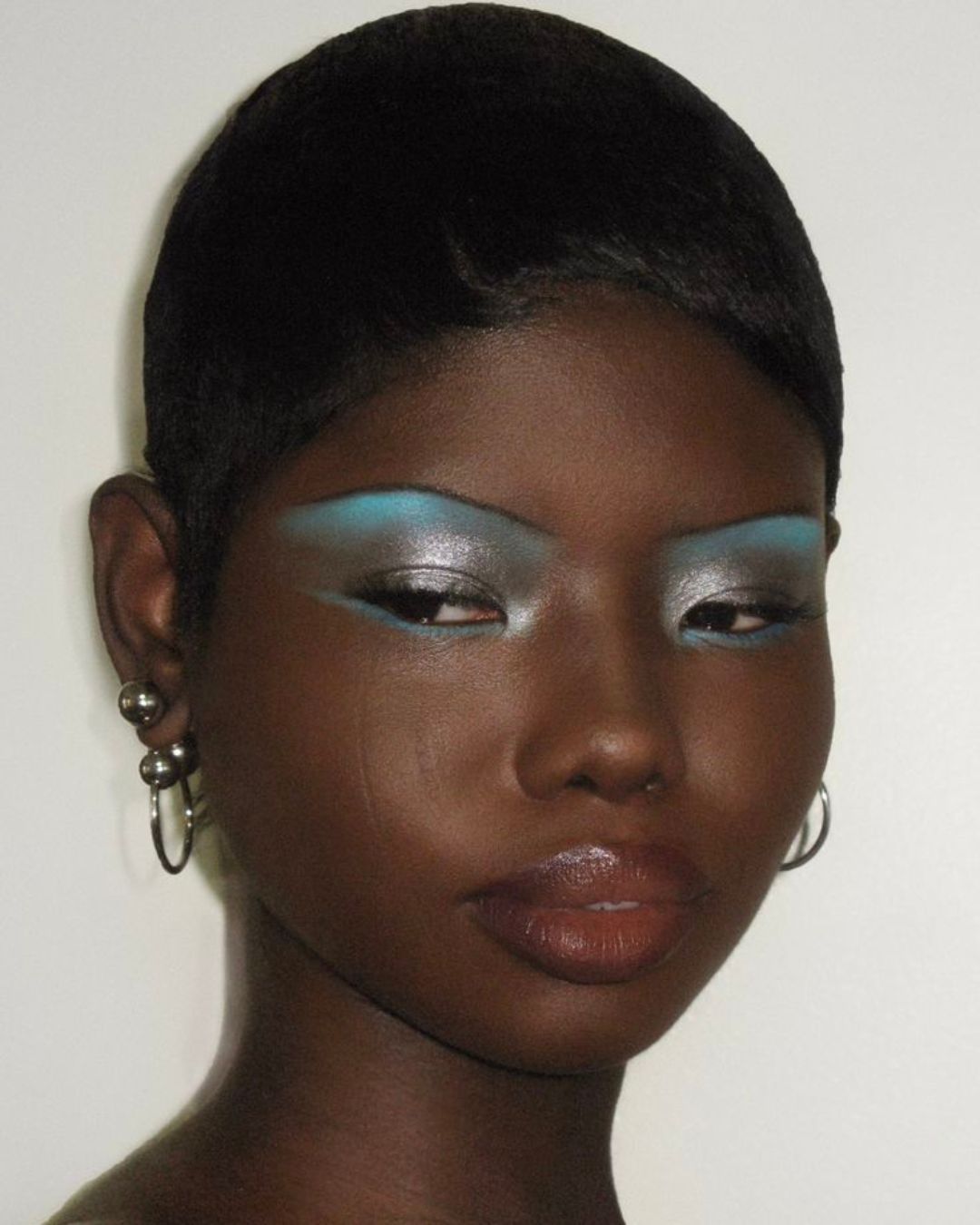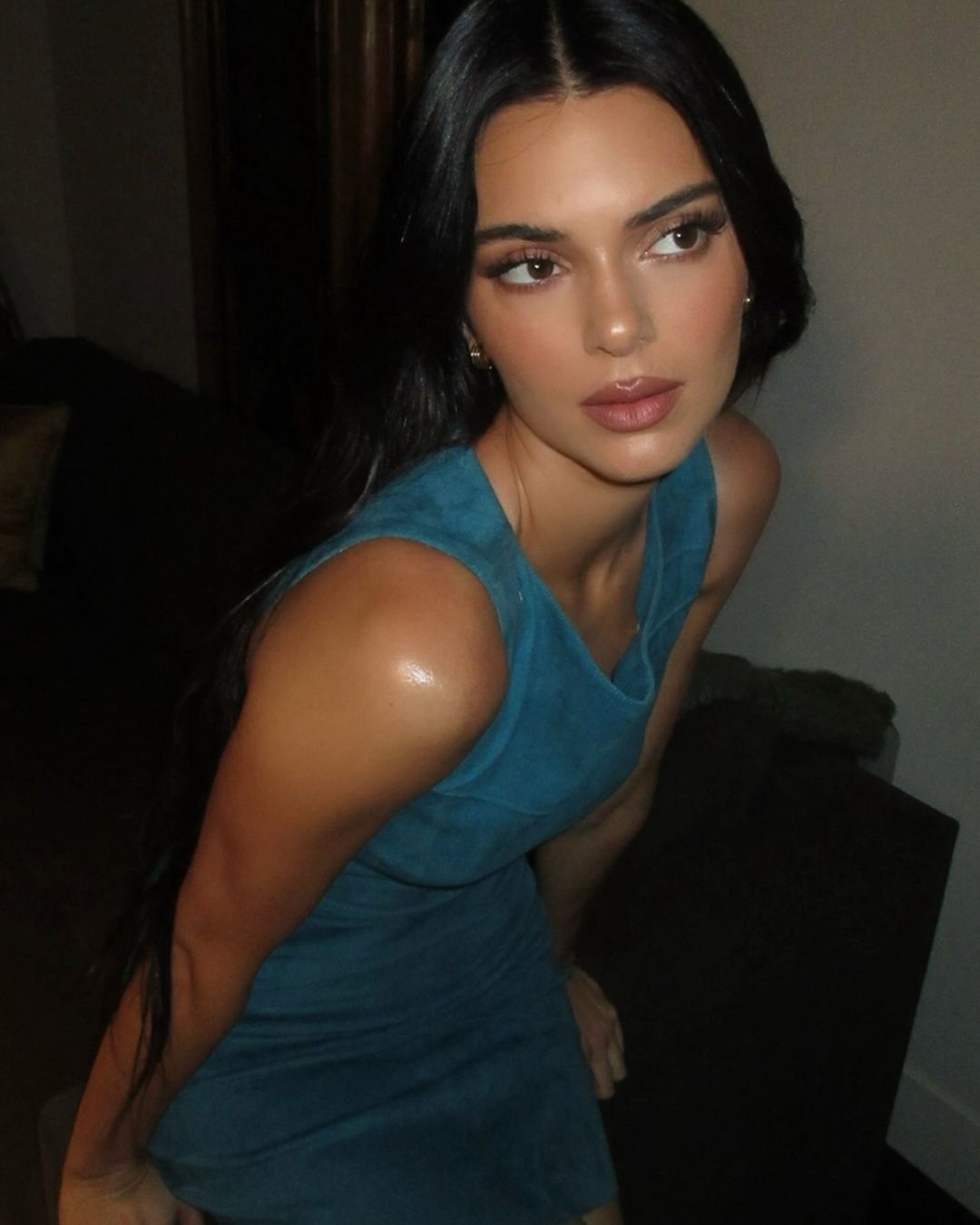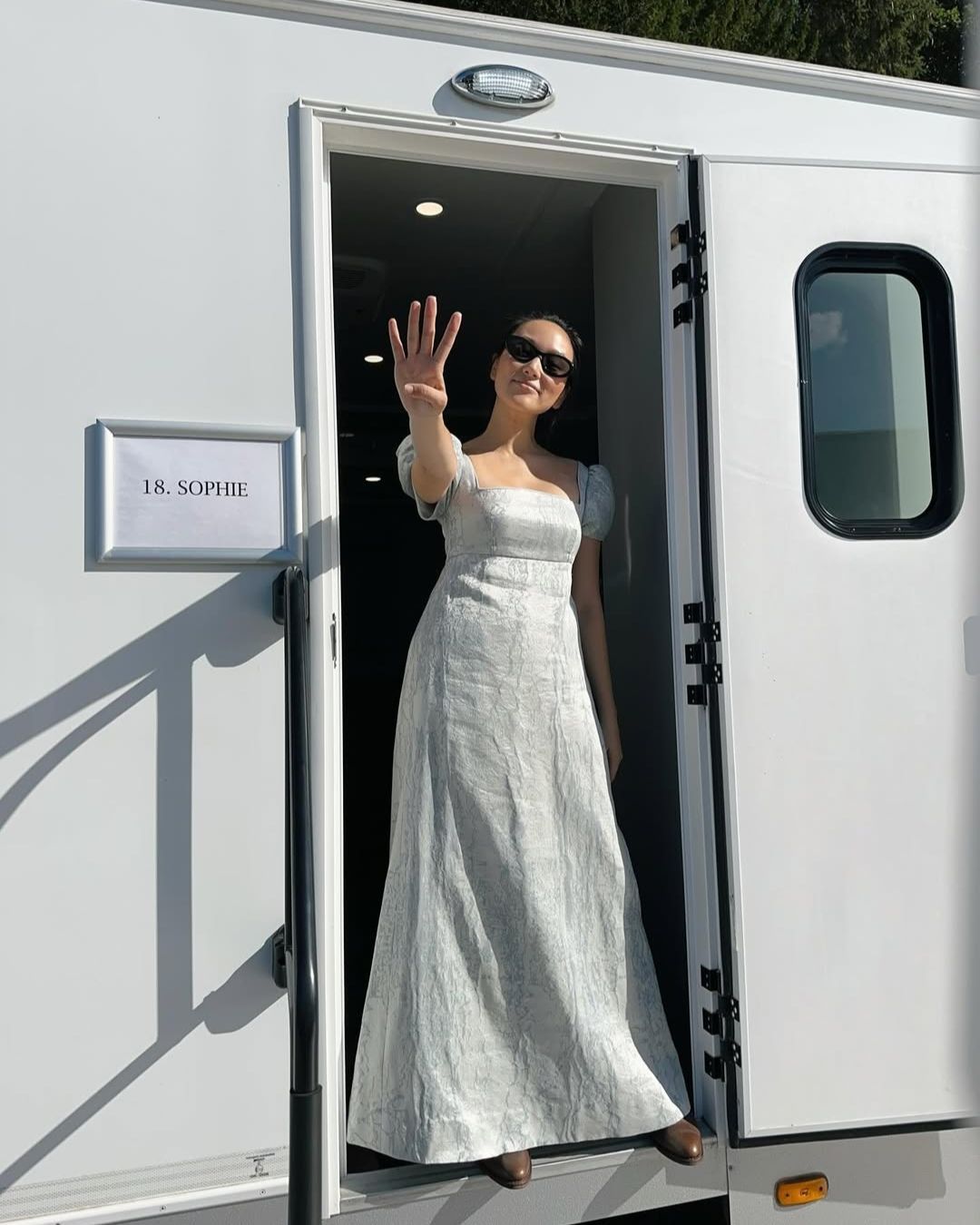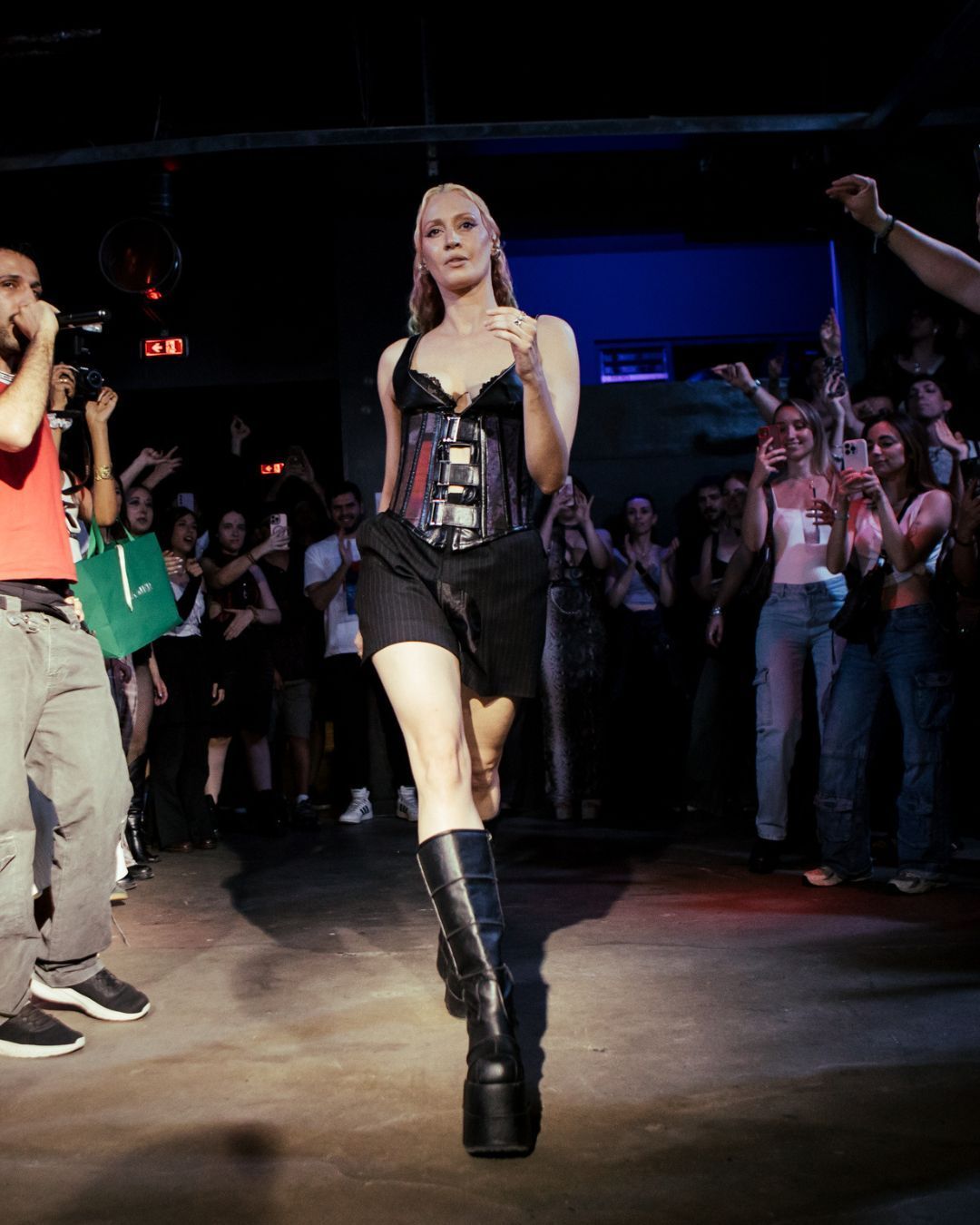
Yet another filter has gone viral on TikTok The "chubby filter" on TikTok has gone viral, raising questions about digital accuracy and the role of filters in reinforcing aesthetic stereotypes
If we were to draw a timeline, at one end we’d find bright flower crowns, exaggeratedly large eyes, and dog ears, snout included. It’s been ten years: like everything else, filters have lost that initial burst of innocent fun, becoming a precise tool. Filters no longer glitch—they’re seamless: a technological replacement for imagination. Recently on TikTok, a filter with the evocative name “chubby filter” went viral, sparking both criticism and widespread use, as users wanted to test its accuracy. The filter was then removed at the end of March by CapCut, the editing app owned by ByteDance, the same parent company that owns TikTok. Videos of people trying out this filter even appeared on my FYP, despite me never interacting with that kind of content.
@sadiebass16 Literally when did we start body shaming again? Why are we going backwards in 2025!!! #chubbyfilter #bodyshaming #bodyimage original sound - sadiebass
Filters, TikTok and body image
The trend consisted of placing two photos side by side in a video: one of the person without the filter—usually selfies taken at the gym or in the mirror—and the exact same photo with the person’s silhouette widened. We could analyze this filter and its virality from two perspectives: the first concerns the accuracy and adaptability of filters; the second touches on movements like body positivity, body neutrality, and social critique. Regarding the latter, TikTok may have initially held some promise: a social media platform heavily populated by young users and driven by a user-shaped algorithm. If someone searched for or liked body positivity content, the algorithm would respond to that need—and, to some extent, protect the user from more problematic or harmful content. At the same time, psychological studies on social media have shown that interacting with primarily visual platforms negatively affects body image. And because TikTok is a video-driven visual platform, it may be even more harmful, as videos are more engaging than static images and promote higher consumption. Other studies found that exposure to motivational videos related to fitness (like the popular #whatieatinaday) can negatively impact mood and increase body comparison.
@yungsue I think not to reward yourself with junk* food. Too much or too little of almost anything is bad for you
original sound - Flóra
Big tech companies’ actions regarding filters
Just a few months ago, in November 2024 to be precise, Christine Grahn, Director of Public Policy EU at TikTok, posted on LinkedIn that “safety is at the heart of what we do at TikTok […] only in a safe environment can the creativity and authenticity that distinguish our platform flourish.” During the same period, the Chinese-owned platform announced it would introduce restrictions for users under 18 on accessing distorting beauty filters, following a report commissioned by the NFPO Internet Matters. Similar, cautiously positive moves were made by other tech giants like Meta, which in January 2025 stated it would remove the same filters from Instagram, including those created by external creators using Spark AR - though keeping the platform’s own filters available.
@minazalie if this offended you, save your breath you will never chnage my mind
original sound - MINAZALIE
Body positivity diluted and old beauty standards rebranded
It’s all, obviously, very contradictory: no distorting filters for minors, but highly problematic and derogatory filters still accessible on an app owned by the same parent company. The force behind movements like body positivity seems to have faded, absorbed into marketing campaigns and linked to products to be sold. The period when slogans of acceptance were repeated and supported—by magazines, online articles, fashion shows—now seems like what it truly was: a cultural moment. Standard beauty ideals, thinness, self-improvement, fitness, were merely dimmed for a while.

























































